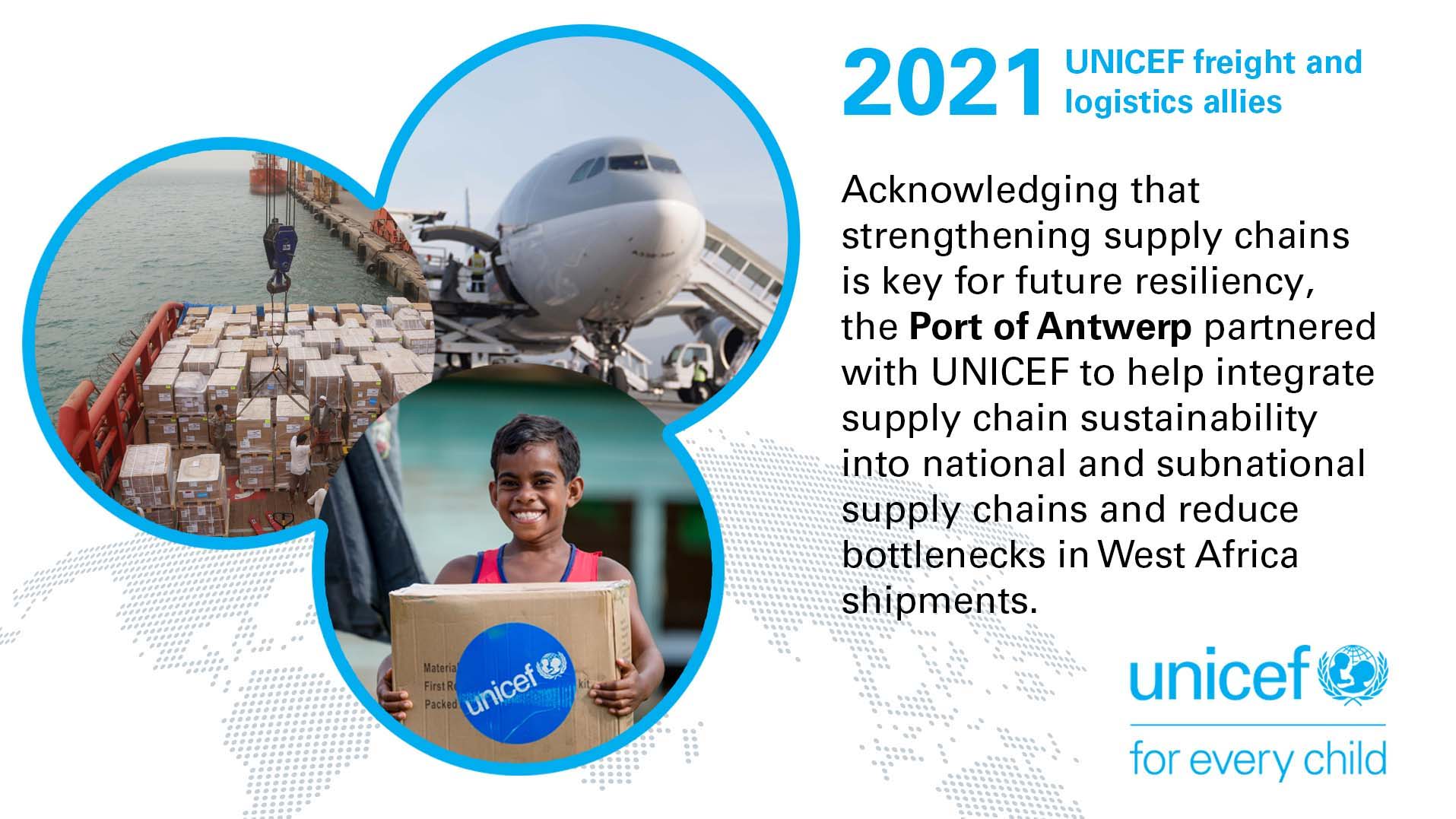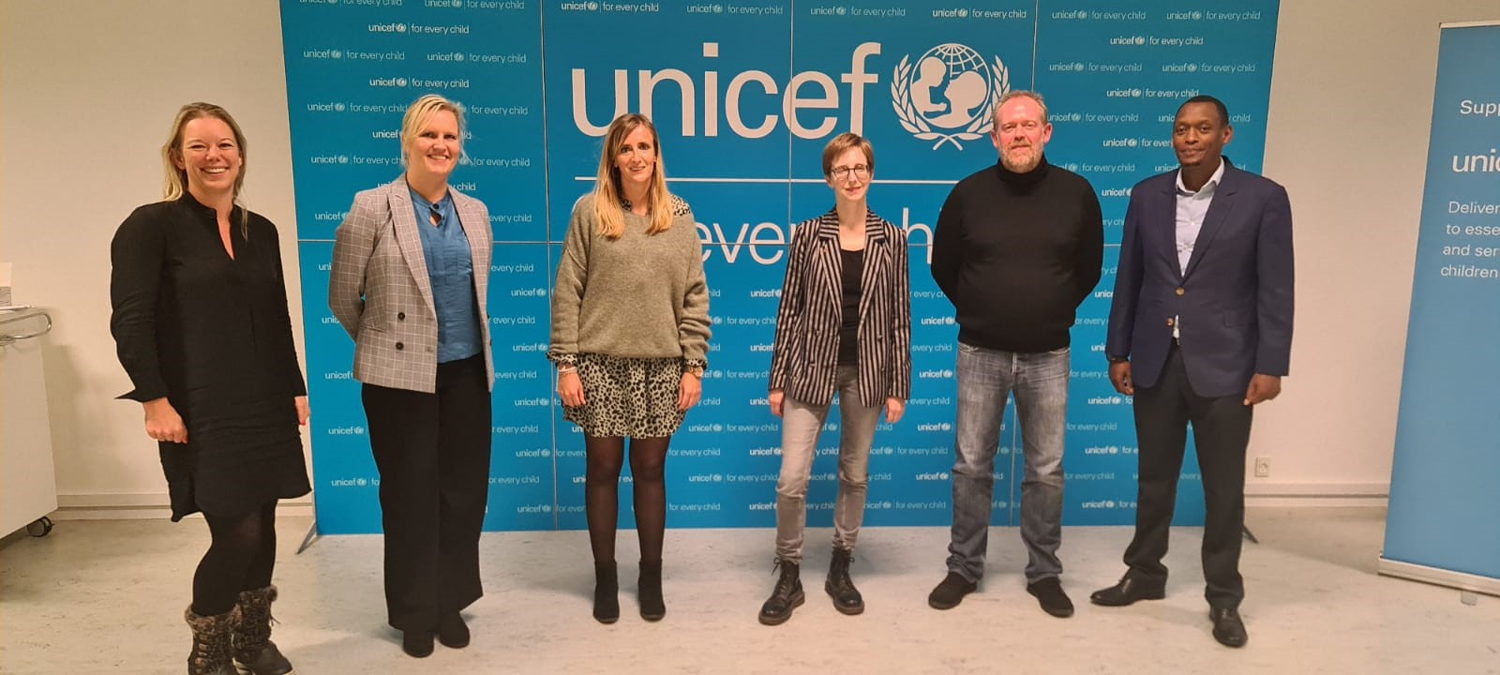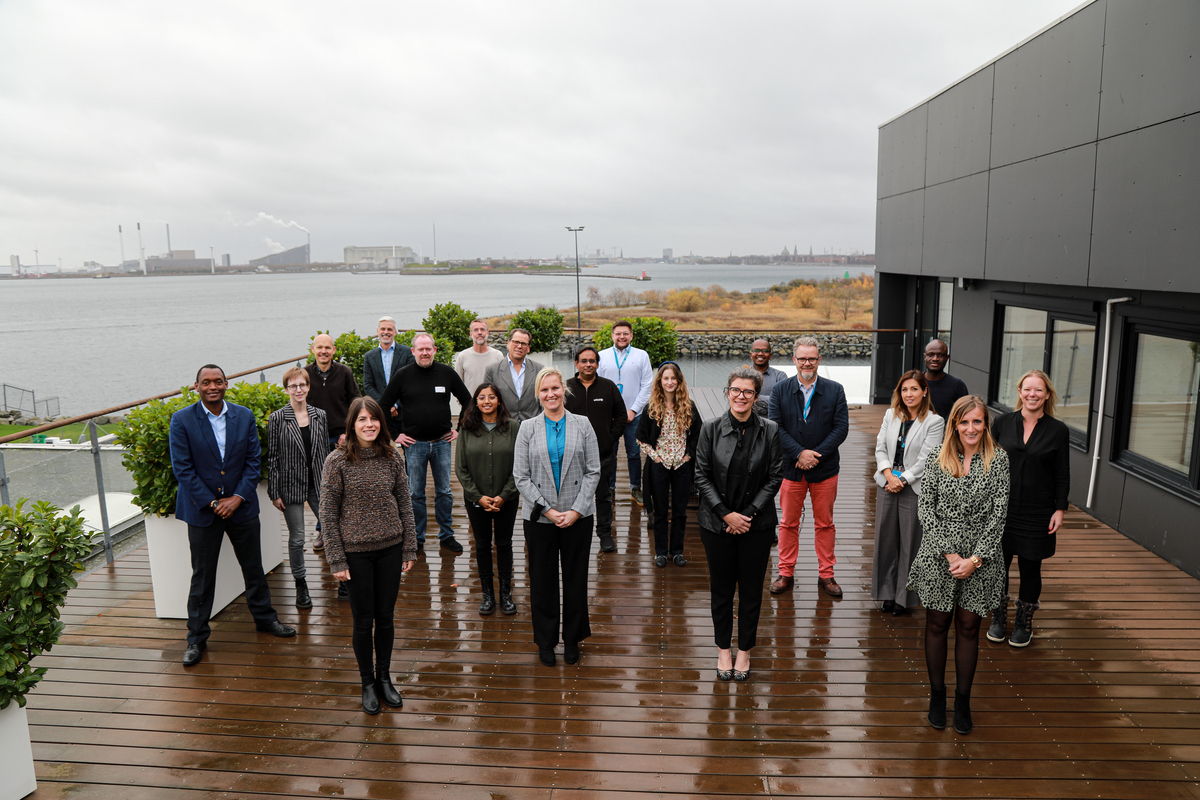Ports of Antwerp and Cotonou join forces with UNICEF
Port of Antwerp, the Port of Cotonou and UNICEF form a new partnership to advance resilient and sustainable national supply chains that maximize positive environmental, social and economic impacts for children.
Collaboration in view of sustainable supply chains
In December 2020, Port of Antwerp signed the World Economic Forum Supply Chain & Transport Industry Charter in support of UNICEF and COVAX Vaccine Distribution. Port of Antwerp is proud to announce a new collaboration with UNICEF to advance sustainable supply chains. The partnership will produce a white paper to guide governments and their global and local partners in designing and implementing longer-term sustainability strategies into their national supply chains.
Support from Port of Cotonou
The Port of Cotonou is the economic heart of Benin and also has a strategic importance in the region, as it is also one of the main gateway ports for the sub-region. Since 2018, Cotonou Port Authority has called upon the expertise of Port of Antwerp to modernise the port and make it futureproof. To test new concepts and in view of this special link between both ports, the Port of Cotonou has agreed to support the collaboration between UNICEF and Port of Antwerp with the secondment of expertise.
Jacques Vandermeiren, CEO Port of Antwerp: “As a strong believer in the impact of collective action, I am proud that we have agreed to support UNICEF with their endeavour to improve the health and livelihood of children. I am pleased that the Port of Cotonou is supporting this project too. By offering our common experience, network and insights to UNICEF we will have a tangible and sustainable impact on the life of many children and youngsters.”
Supply chains as levers for positive impact
Supply chains continue to be one of the most important levers for business to create positive impact in the world. Governments also have a responsibility in building resilient national supply chains that maximize positive environmental, social, and economic impacts. UNICEF is supporting governments with supply chain strengthening at all levels to enhance equitable access to essential supplies needed for children to survive and thrive.
Etleva Kadilli, Director of UNICEF's Global Procurement and Logistic Operations: “The COVID-19 pandemic has caused unprecedented disruptions to global supply chains, and challenges continue to evolve and emerge. Resilient supply chains that can withstand such shocks are critical for ensuring access to essential supplies for children and families around the world. UNICEF is grateful for this collaboration – it is through such partnerships that we can leverage our respective expertise to strengthen supply chains and make a difference in the lives of children.”
Annick De Ridder, Vice-Mayor City of Antwerp & President Port of Antwerp: “The Port of Antwerp has developed significant experience and partnerships in numerous countries in Africa, where UNICEF’s efforts are most needed. We strongly believe in economic cooperation as a driving force to bring people, companies, NGOs, UN agencies, governments and ideas together. That is why this cooperation with UNICEF is a perfect match.”
Joris Thys, CEO Port Autonome de Cotonou: “This cooperation between the Port of Antwerp, the Port of Cotonou and UNICEF is definitely a great opportunity to reaffirm our engagement on positive environmental, social and economic impacts for children. The Port Authority of Cotonou is proud to support UNICEF to define the best supply chain for life-changing and life-saving projects undertaken in sub-Saharan Africa.”



